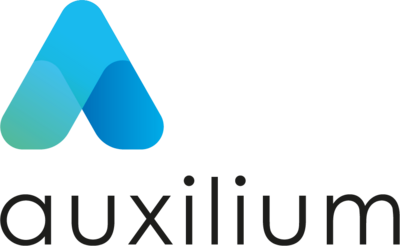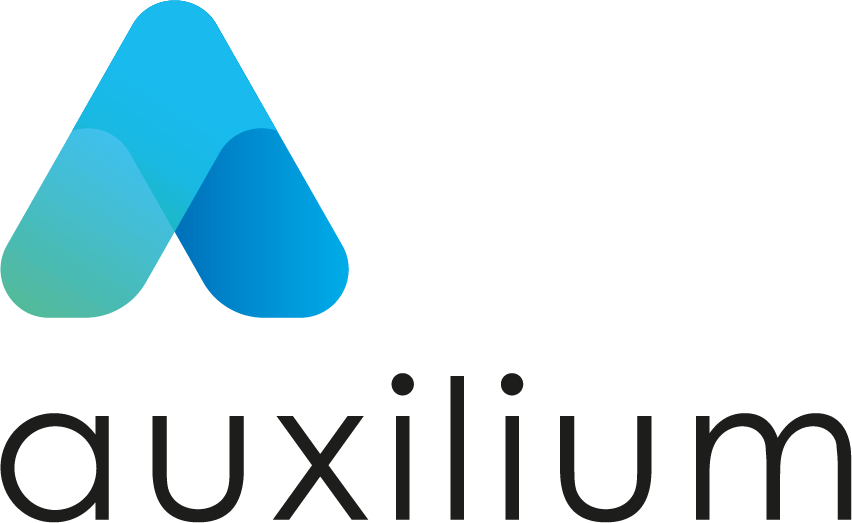
posted 25th March 2021
Auxilium Partnership's head of proposition, Sarah Moore, writes about why the protection space needs to get comfortable with both its own and its customer's vulnerable side
Following the seven minutes I spent on screen for the ProtectX3 event earlier this month, I had a lot of emails and texts from friends and industry colleagues. They were commenting on how refreshing it was for someone to have acknowledged their own anxiety.
While I was touched that so many people had taken the time to comment, I was also deeply saddened that at a time of heightened stress, uncertainty and incredible challenge for all, most people still choose not to acknowledge that they are vulnerable.
Isn't it terrible that people are so afraid to express how they're feeling, that when somebody does, it's considered unusual? We seem to be frightened of acknowledging that we are human beings, with all the frailties that that entails.
My fear though is that the mental load we've been carrying for the last year, has become so intolerable, that as soon as lockdown eases, we'll revert to type."
If you think about how this inability to share our worries and concerns plays out in the world of financial advice, it quickly becomes easy to understand why so many mortgage or wealth advisers admit to finding having the protection conversation hard.
Soft underbelly
An adviser is literally asking a client to show their soft underbelly and lay bare their vulnerabilities when they introduce the idea of protection. People can struggle to admit them to themselves, let alone to the virtual stranger arranging their mortgage. Why would a client feel inclined to share and expose their vulnerabilities when they're just asking for a mortgage?
They want to buy a new house, or arrange some bridging finance to be able to grow their buy-to-let portfolio; these are not scenarios that readily lend themselves to explaining what the impact on their family might be if they were to get a critical illness or die.
It strikes me that the problem of addressing our vulnerabilities is even more fundamental than that. If we were to wake up every morning thinking "I might have a heart attack today", or, "I could fall under a bus," we would to cease to function. If we thought about the terrors of the world - poverty, disease, unemployment, plague, pestilence - we would become overwhelmed with fear. For most of us, our natural behaviour as human beings is not to dwell on these potential horrors.
So, in asking people to think about protection insurance, we're effectively asking them to peel back that protective layer, to go against their natural behaviours and consider, deeply consider, what might happen if those fears and worries became a reality. And we'd be doing all that to make someone buy an insurance policy.
It suddenly seems so very clear why most people would prefer to say, "No thanks". It's not a superhero complex at all, it's not even the much touted, "It'll never happen to me", it's "I'm sorry, but I can't bear to think about what it would mean if it did."
Dark places
You have to force yourself to look into some dark places to really accept the need for protection. You have to think about accident, sickness, unemployment, critical illness and death. Your own mortality. The mortality of your husband or wife, your partner, or your child.
Your child.
It's too much isn't it?
Yet, as a nation, we are becoming ever more comfortable with acknowledging and owning other vulnerabilities. Standing up for our rights to love who we want to love, regardless of gender - we're even redefining gender - and fighting for our religious beliefs. Yet, we're still not willing to face the vulnerabilities we have around our own mortality.
This pandemic has brought to the surface so many anxieties and fears. It has exposed so many vulnerabilities - financial and mental - and I truly believe we need to hold on to these feelings. We need to sit with the discomfort we've experienced as we (hopefully) come out the other side, to some recognisable level of normality.
We need to remember the worries we had around our financial instability. We must focus on the fear we had about the impact of a serious Covid infection and acknowledge that it made us realise what is truly important to us. And it's in being unafraid to look closely at what terrifies us most, that we will allow these protection conversations to happen.
My fear though is that the mental load we've been carrying for the last year, has become so intolerable, that as soon as lockdown eases, we'll revert to type and grow back our hard shells, distancing ourselves from the fears that lockdown and Covid brought to the surface, thereby switching off the light that should illuminate the need for protection.




